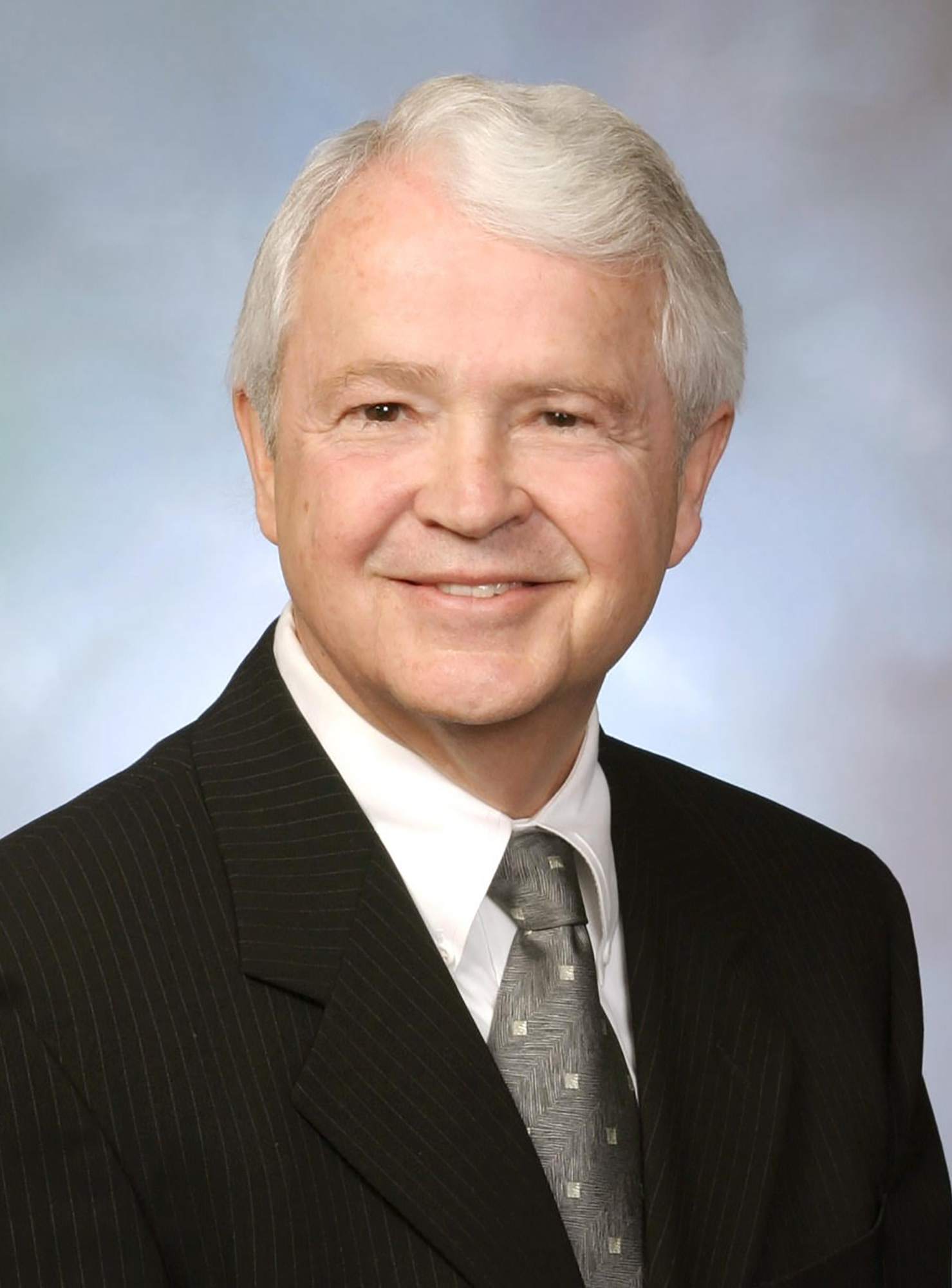
As a founder of the Coalition for Healthcare Communication over 25 years ago, John recognized the need for a voice to speak up for the industry. Then, for 16 years as Executive Director of the Coalition, he was that voice—a wise, shrewd, and articulate defender of the First Amendment right to market pharmaceuticals and the practical value of accurate promotion of pharmaceuticals.
John has often said that communications, marketing, and education are just as important as research and development in bringing important new therapies to patient care. He always reminded us to be truthful, to be alert, and to be proud of the work we do. John grew up in the Midwest and attended the University of Notre Dame, wherein 1968 he earned a Bachelor of Arts degree majoring in communications. He then moved to the University of Iowa, where he served as an Assistant Professor of Journalism from 1974 to 1980. During this period he also completed his PhD in mass communications at the University of Iowa in 1976 and additionally earned a JD from the University of Tulsa College of Law in 1980.
Armed with this combination of communications and legal training, John moved to Washington to become Director of Congressional and Public Affairs at the Federal Communications Commission, serving from June 1980 to October 1989, helping to make FCC policy and representing the agency to the public and lawmakers.
He took this first-hand experience in Washington to his next role, working for the American Association of Advertising Agencies (4As) Washington office as Senior Vice President from 1990 to 2000. In 1991, early in John’s tenure at the 4As, he was one of the group of advertising industry leaders who founded the Coalition for Healthcare Communication.
John left the 4As to join the Washington law firm Wiley Rein LLP. In 2002 he became Executive Director of the Coalition for Healthcare Communication, while continuing as part-time Consulting Counsel at Wiley Rein. He retired from Wiley Rein in 2017 and retired as Executive Director of the Coalition in 2018.
John is co-author (with Wayne Pines, former FDA assistant commissioner) of the book DTC Advertising and Promotion: The Changing Environment, published in 2006.
John has been a longtime champion of the medical advertising and communication industry, advocating for the First Amendment right to communicate accurate and non-misleading information about new developments in diagnosis and therapy. During John’s years in our industry, the medical advertising industry and the environment in which it operates have both evolved. This evolving environment is increasingly difficult for marketers to navigate.
On our industry’s behalf, he built partnerships with other industry groups, met with members of Congress and their staff, spoke with key FDA officials, consulted with Washington attorneys expert in FDA and privacy law, attended Congressional committee hearings, monitored court cases. He contributed to amicus curiae legal briefs, nurtured relationships with members of the press who cover these issues and wrote numerous published commentaries on the issues. He consulted with and provided informed counsel to the leadership of most of the significant healthcare advertising agencies and marketing firms.
To cite his own words, John believes that biopharma and device companies have a First Amendment right and a social responsibility to educate healthcare providers and patients about their products; that self-regulation is a hallmark of great communication, marketing, and education; and that communication, marketing and education are just as important as R&D, and provide significant value to the healthcare system. He offered an impassioned and well-reasoned defense of these passions and applied them in practical ways to protect the rights of the medical advertising community.
The medical advertising industry would today be a different place without John’s contributions. As an example, he was a crucial player in a major win for the industry, the Supreme Court’s decision in IMS v Sorrell protecting innovative prescription marketing and expanding industry First Amendment rights in the context of FDA “off label” marketing bans and arbitrary warning letters.
John Kamp’s great contributions to the medical advertising industry have been to monitor and interpret incoming threats, to present our industry’s case in public discussion, and to mobilize resources to fight for the industry. His accomplishments have helped make the work of the industry’s professionals possible. For this, we believe he deserves to be recognized as a member of the Medical Advertising Hall of Fame.